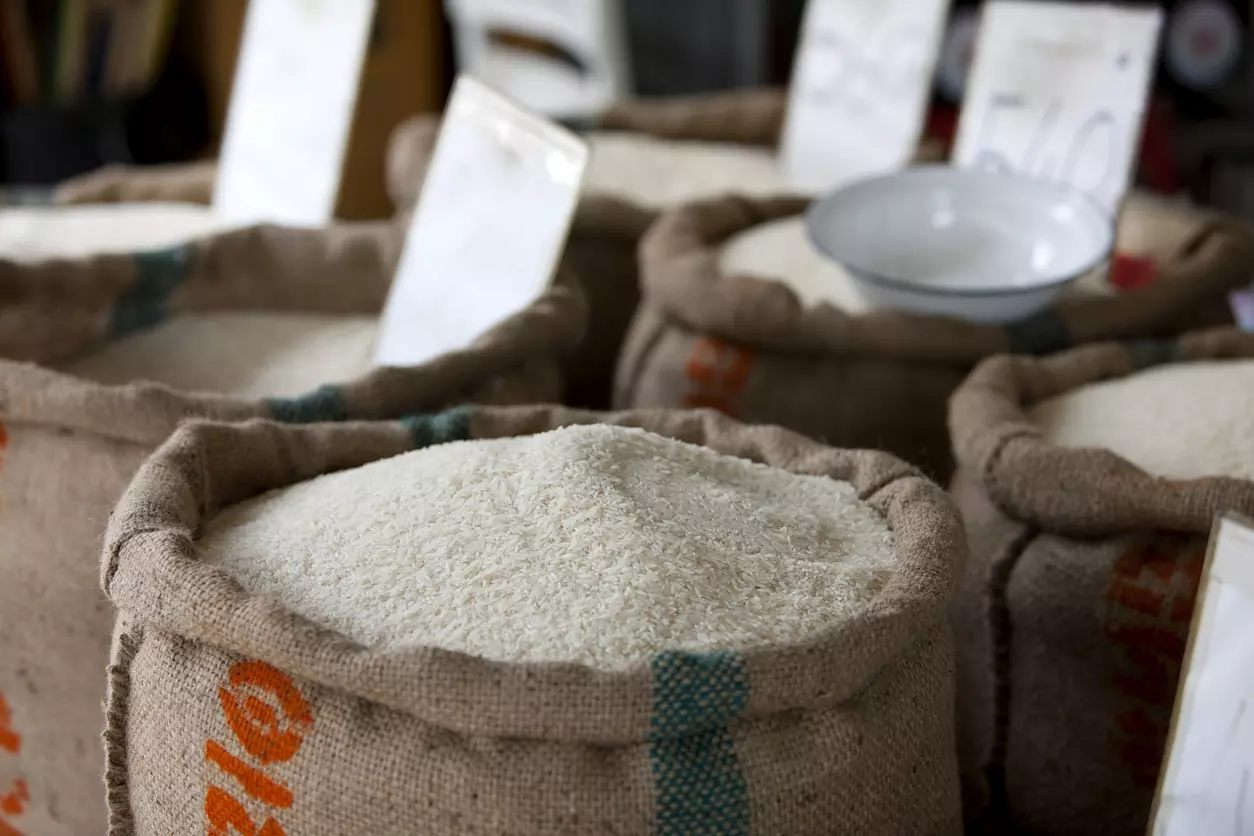
Rethinking inflation targeting: Why Economic Survey wants to exclude food prices
The survey also points out that Indian agriculture is not in a crisis now but requires a serious structural transformation because climate change and water criticality loom large in the times to come.

The Economic Survey has suggested that the inflation-targeting framework should exclude food prices. Rising food costs can mitigate the hardships faced by poor and low-income consumers through direct benefit transfers or coupons for specific purchases with valid durations. It has also sought a stocktaking of the country's farm sector.
“It is worth exploring whether India’s inflation targeting framework should target the inflation rate excluding food. Hardships caused by higher food prices for poor and low-income consumers can be handled through direct benefit transfers or coupons for specified purchases valid for appropriate durations,” the Economic Survey 2023-24 has said.
The food factor
The Survey points out that food constitutes a very high portion of the consumer price index in developing countries. That is par for the course. Hence, when central banks in developing countries target headline inflation, they effectively target food prices. So, when food prices rise, inflation targets come under threat. Therefore, the central bank appeals to the government to bring down the increase in the prices of food products. That prevents farmers from benefiting from the rise in terms of trade in their favour.
Hence, India’s inflation targeting framework should consider targeting inflation, excluding food. Higher food prices are more often not demand-induced but supply-induced. Short-run monetary policy tools are meant to counteract price pressures arising out of excess aggregate demand growth. The survey said deploying them to deal with inflation caused by supply constraints may be counterproductive. The survey also points out that Indian agriculture is not in a crisis now but requires a serious structural transformation because climate change and water criticality loom large in the times to come.
Stock-taking needed
The surge in agricultural employment in Covid years due to reverse migration, the decline in the growth rate of value addition in agriculture in FY24, and an extremely hot summer in the Northwestern and central regions of the country in the summer of 2024 with rising water stress and energy consumption make a serious and honest stock-taking of India’s farm sector policies imperative.
According to analysts, excluding food prices from inflation targets in developing countries, particularly in India, presents several potential drawbacks that could have significant implications for economic policy and social equity. While the rationale for such a move is grounded in the desire to create a more stable monetary policy framework, it is essential to consider the broader consequences of this approach.
Food constitutes a substantial portion of household budgets, especially for low-income families. Ignoring food prices in inflation calculations may lead to a disconnect between official inflation metrics and the actual economic experiences of consumers. This could result in a perception that monetary policy is out of touch with the realities faced by the majority of the population, potentially undermining public trust in economic institutions.
The sugar-jaggery example
The Economic Survey says that by invoking export bans only under exceptional circumstances and allowing domestic consumers to substitute, especially if the agricultural commodities in question are not essential consumption items such as foodgrains.
Even in those cases, the government can allow substitution effects to play out before responding to domestic supply concerns.
“For example, if sugar prices rise, consumers can consume less or switch to jaggery. It may even be a good thing for their health. In general, it is far easier for consumers to substitute or pare back consumption than for farmers to endure big losses because of ad hoc export bans or huge imports. Farmers should be allowed to benefit from higher international prices. Bans on food exports also need to be telegraphed in advance lest hunger and famine elsewhere in the world worsen," the survey says.

